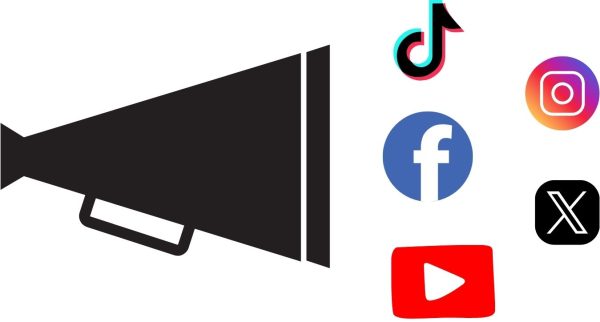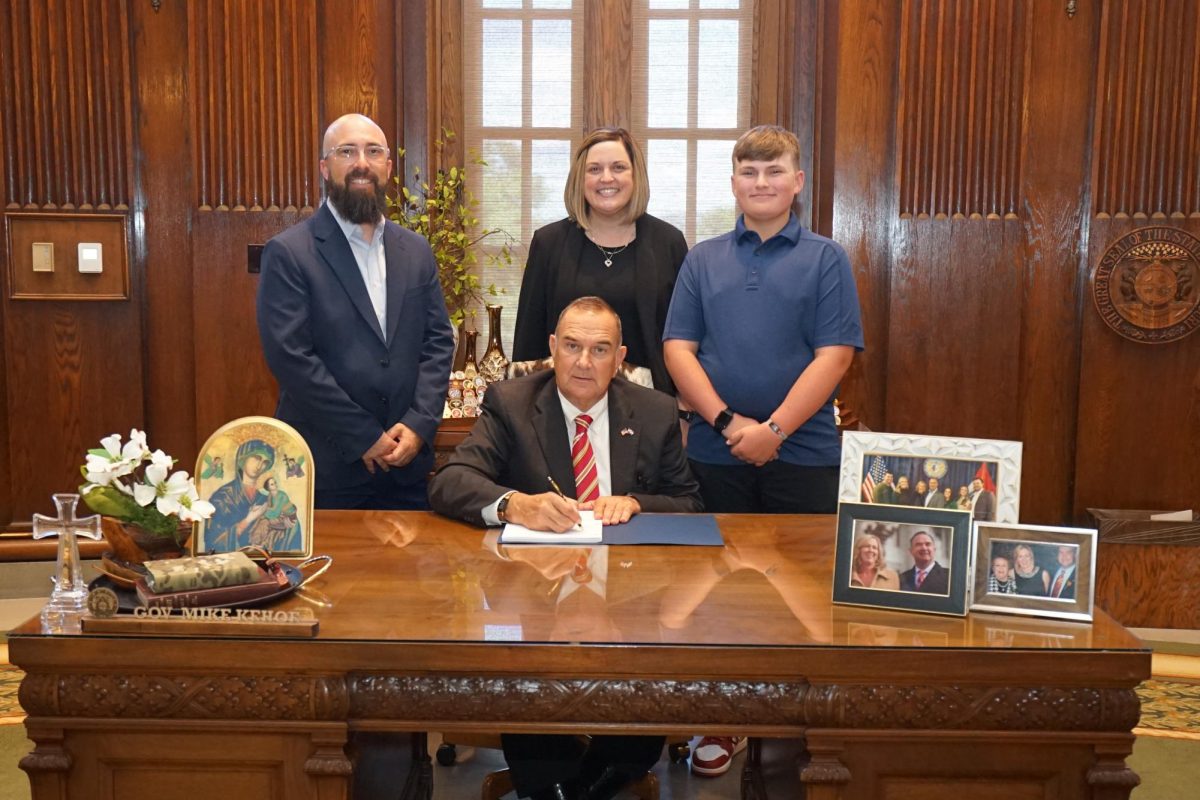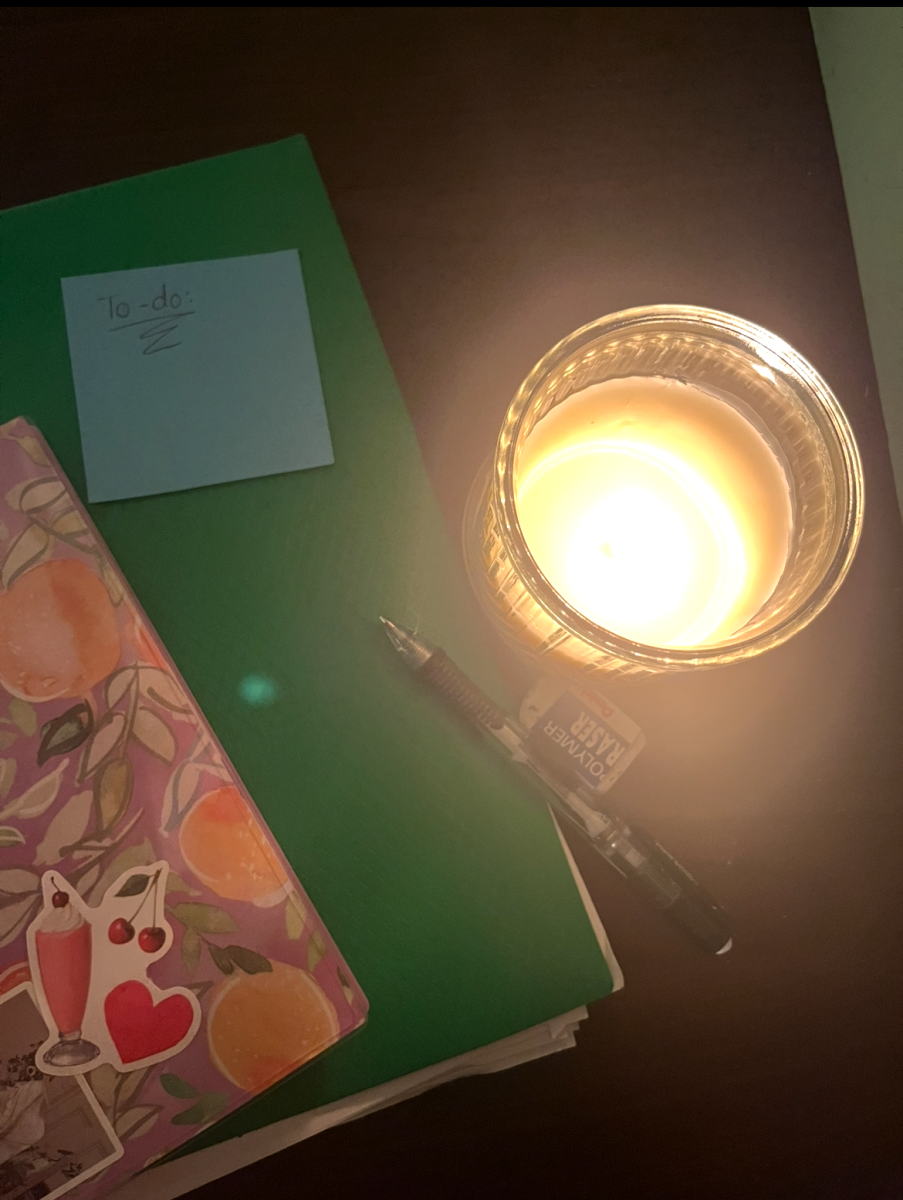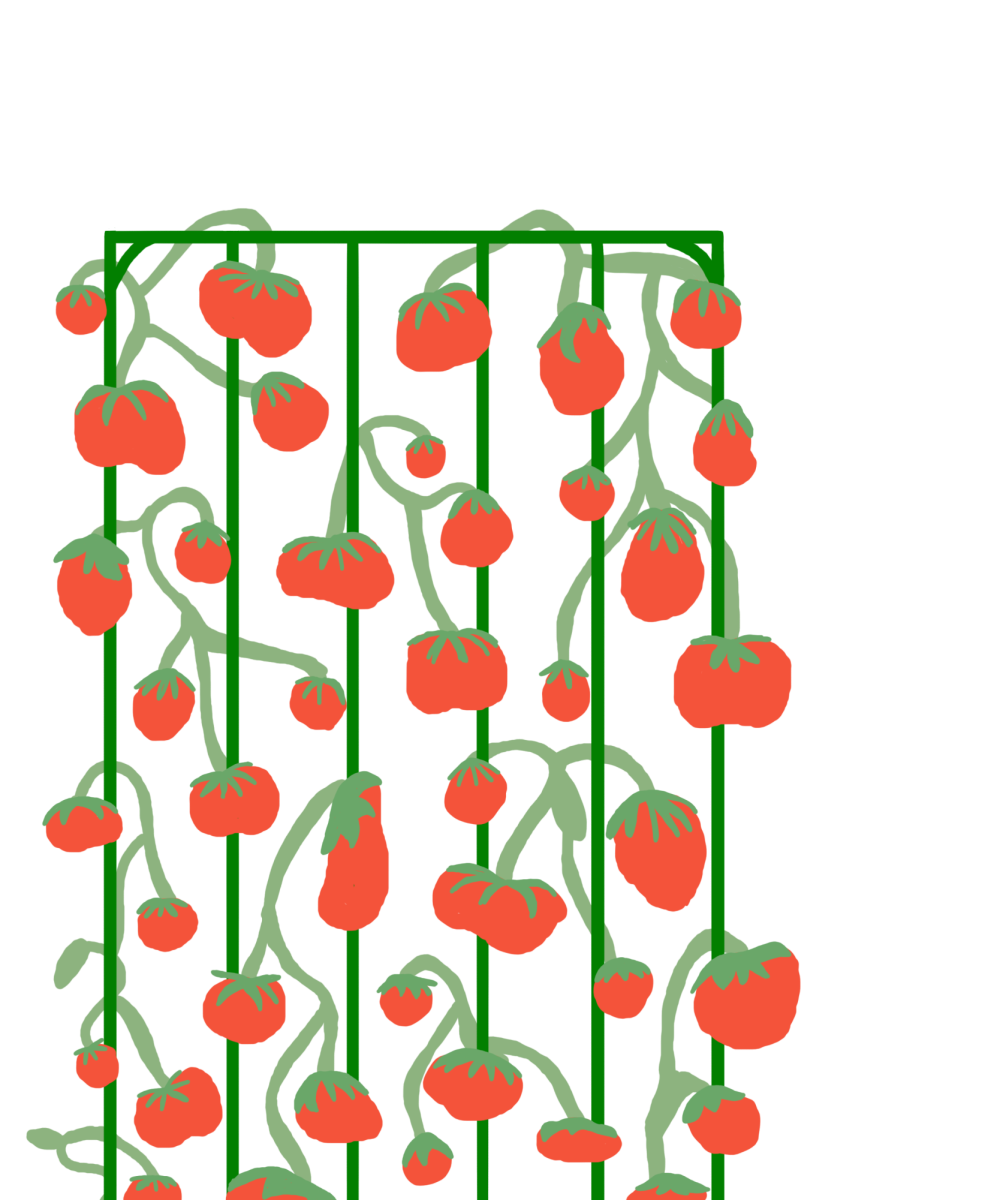On March 29, 2025, after traveling across the Indian Ocean alone on an inflatable raft, Mykhailo Viktorovych Polyakov reached the shore of North Sentinel Island. He brought with him two gifts: a can of Coca Cola and a coconut. Polyakov planned to give these items to the Sentinelese people, who form an isolated tribe. Ever since 1956, it has been illegal for outsiders to make contact with the tribe, who choose to remain independent from others. Polyakov did not end up seeing any of the Sentinelese people and was arrested upon his return to Sri Vijaya Puram, a port city in an Indian union territory. Polyakov’s travels served one purpose: to make an exciting new video for his Youtube channel. He is a “danger tourist,” which is someone that visits unsafe areas of the world and acts as a sort of journalist, creating reports for their social media accounts.
Polyakov and his danger tourism is just one example of the widespread phenomenon of social media journalism. Accounts dedicated to reporting the news have been staples on many online platforms since the launch of Youtube in 2005, and these independent accounts have only grown in popularity since their advent. A 2024 study by the Pew Research Center stated that over half of Americans get at least some of their news from social media. Online news accounts report in a variety of ways, from short-form recaps of current events to more traditional reporter-based coverage. Internet journalism has become a prevalent part of how people consume the news, with easy-to-access stories and budding “independent” voices. But news consumers need to be aware of the dangers and lack of regulations that come with this growing style. 
Social media journalism has changed the landscape of the traditional press. Online news provides viewers with quickly moving, entertaining content. To keep patrons and profits, established press outlets were forced to adapt to the 24-hour news cycle, greatly speeding up their production and release processes. These outlets were also pushed into providing entertaining news to match the sensationalized headlines of internet reports.
Allison Skinner, who works as the content manager and as a reporter for the Phelps County Focus and the Pulaski County Weekly, shared her thoughts on sensationalism on the internet and from major publications. She remains devoted to straightforward and truthful reporting.
“I look at a lot of things on social media that are sensationalized a little bit, and I’m really careful not to do that. I like the meat and potatoes, I guess you could say, of journalism, where it’s very traditional. I don’t like to write a headline just to get that click. I want it to just be good news…I want it to be good writing and reporting so that [readers] trust us. That’s more important to me,” Skinner said.
There are many reasons why online journalism has become so popular, but one of the most evident reasons is its ease. Social media users do not even have to actively search for news on their devices; it will just appear for them. Algorithms present tailored and easily digestible journalism to viewers without being prompted.
But there is another, and arguably more prevalent, reason why independent reporting platforms have grown so much. Many of these accounts are rooted in the idea that traditional publications have become profit-hungry, reporting in ways that will garner the most attention rather than being truthful and unbiased. These accounts operate under the perception that they will work as the “people’s voice,” revealing the truths that the traditional press is not willing to discuss. According to a study published in Gallup in 2024, only 31% of Americans claim to have a “great deal” or even a “fair amount” of trust in the accuracy of mass media.
As a local journalist, Skinner has had to contend with this conception of modern press.
“I always get a little disheartened when I hear negative things about the media in the news, because…you’ve worked really hard your entire life to be good at your job and to help people and to put out a good product, to put out a good newspaper.…Most of us that are in the real world of journalism are working our tails off every day and care about it, so that hurts. But I just kind of realize that’s a different world, that’s not really us,” Skinner said.
But are these internet newscasters any more trustworthy than a traditional outlet? News influencers have the same ability to make money from sponsors and through engagement that traditional media has. Also, these independents do not have set guidelines like official publications do. Professional media organizations operate under specific ethical regulations, often outlined by the organization themselves or by the Society of Professional Journalists’ Code of Ethics. These codes outline the principles that journalists must uphold, such as accountability and truth seeking.
Skinner also highlighted the importance of having a community of professionals to guide journalists into making ethical decisions. This community is something that independent social media accounts do not have.
Polyakov, the danger tourist who set off to feature the people of North Sentinel Island, is the perfect example of what can happen when a reporter does not abide by set guidelines. He broke the law, put himself and the Sentinelese people in danger, and planned to use exploitative and unethical journalistic practices. Polyakov had no accountability or community to regulate his behavior, and this led to a harmful situation.
Internet journalism brought new voices to an exclusive industry and greatly altered the industry in the process. These new voices have forever changed the way that news is created and consumed. Since online journalism has wielded so much power, the people who take part in it need guidance and regulations. They need to be included in an established ethical code and held accountable to this code. If not, journalism, on the whole, could sink into an amoral and untrustworthy state.









